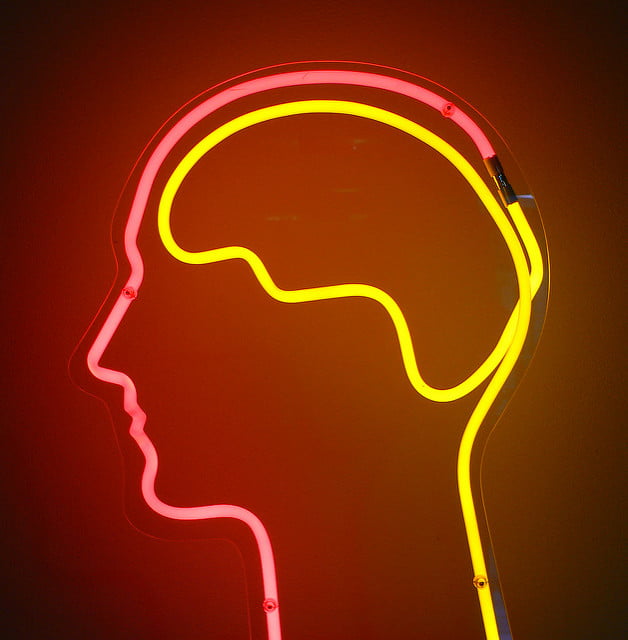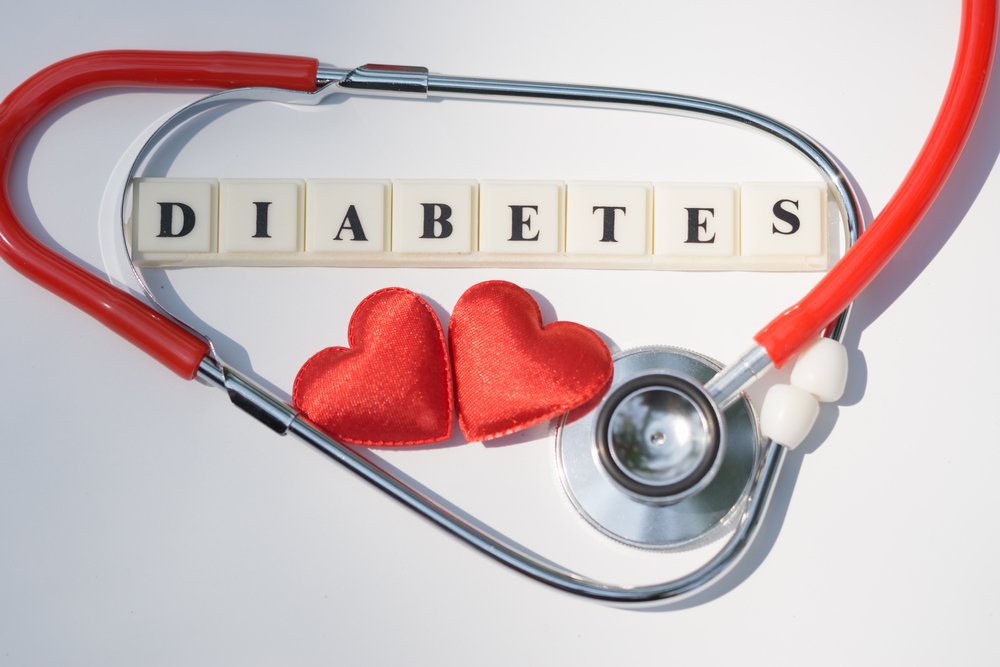credit: Kristina Jackson
TL;DR
-
A meta-analysis of case–control studies that measured fatty acids in red blood cells (RBCs) found significantly lower DHA in people with bipolar I disorder vs. controls.
-
EPA trends were weaker; linoleic acid (LA) and arachidonic acid (AA) didn’t differ.
-
RBC status (the basis of the Omega-3 Index) is a reliable marker of longer-term DHA levels.
-
This is association, not causation—but some randomized trials suggest fish oil can ease depressive symptoms in bipolar disorder.
-
Proposed mechanisms include anti-inflammatory effects and support of corticolimbic brain circuitry.
Why DHA Is in the Spotlight for Bipolar Disorder
Bipolar disorder features alternating periods of depression and mania. Like depression and ADHD, it’s been hypothesized that long-chain omega-3 fatty acids—especially docosahexaenoic acid (DHA)—may influence both pathophysiology and treatment response, given DHA’s structural and signaling roles in the brain.
RBCs > Plasma: Measuring What Matters
Drs. McNamara and Welge (University of Cincinnati) specifically analyzed studies that assessed RBC fatty acids (similar to the Omega-3 Index approach) because RBCs reflect months-long intake and tissue status, not just recent meals.
What the Meta-Analysis Examined
-
Design: Case–control comparisons of RBC long-chain polyunsaturated fatty acids in people with vs. without bipolar disorder.
-
Targets: DHA and EPA (omega-3s), plus LA and AA (omega-6s).
-
Outcome metric: Standardized mean differences, displayed in a forest plot (individual studies + pooled effect).
Key Findings (SEO: DHA deficiency, omega-3 and bipolar)
-
DHA: Robust, significant deficit in RBC DHA in bipolar I vs. controls across studies.
-
EPA: Effect sizes tended slightly below zero (lower in cases) but were less consistent than DHA.
-
Omega-6s (LA, AA): No meaningful differences between cases and controls.
Bottom line: Among measured fatty acids, DHA stood out as the one consistently lower in bipolar I.
What This Does Not Prove
-
The data are observational. Lower DHA doesn’t prove it causes bipolar disorder, nor that raising DHA prevents it.
-
We also can’t infer directionality (e.g., illness behaviors or medications could influence diet/status).
What Clinical Trials Suggest So Far
While not definitive, several randomized controlled trials have reported that fish oil (EPA+DHA) can improve symptoms—most notably depressive symptoms—in bipolar disorder. Evidence is mixed, sample sizes are modest, and protocols vary, but the signal is strongest for the depressive pole.
Takeaway: There’s therapeutic promise, especially for depression in bipolar, but larger, longer trials are still needed.
How Might DHA Help? (Mechanisms)
-
Anti-inflammatory signaling: Modulates pro-inflammatory pathways implicated in mood disorders.
-
Membrane fluidity & neurotransmission: DHA enriches neuronal membranes, influencing receptor function and signaling.
-
Corticolimbic support: Putative benefits on amygdala–prefrontal–hippocampal networks central to mood regulation.
Practical Takeaways
-
Assess status: An RBC omega-3 test (Omega-3 Index) provides an actionable baseline.
-
Nutrition: Prioritize DHA-rich seafood (salmon, sardines, herring, trout) or algal DHA if you don’t eat fish.
-
Supplements: If considering fish oil or algal DHA, discuss dose and interactions with your clinician—especially if you have bipolar disorder and are on medication.
-
Expect nuance: Benefits (when present) often favor depressive symptoms; mania requires careful clinical management.
This content is informational and not medical advice. If you’re managing bipolar disorder, work with your psychiatrist before starting or changing any supplement.




